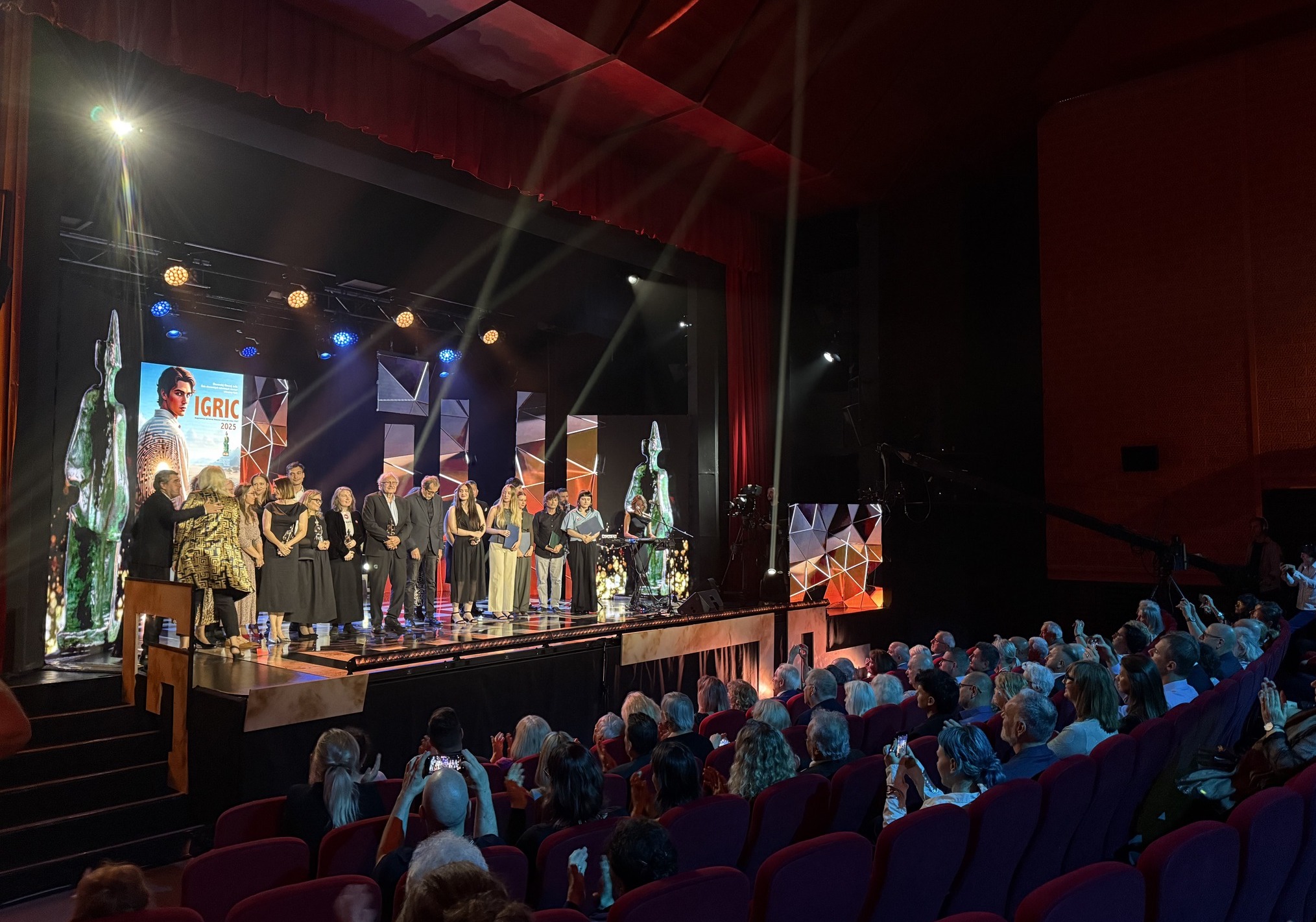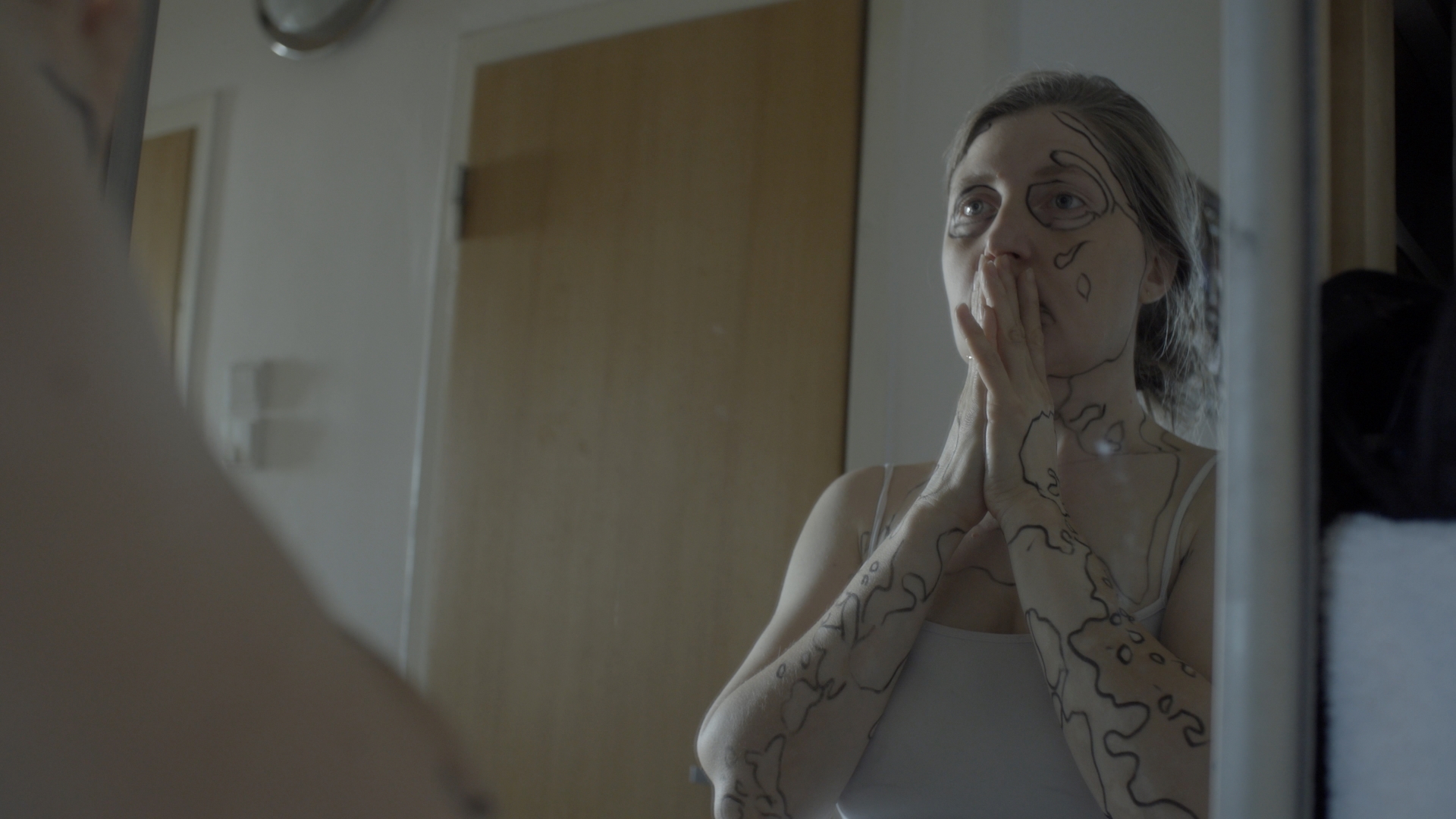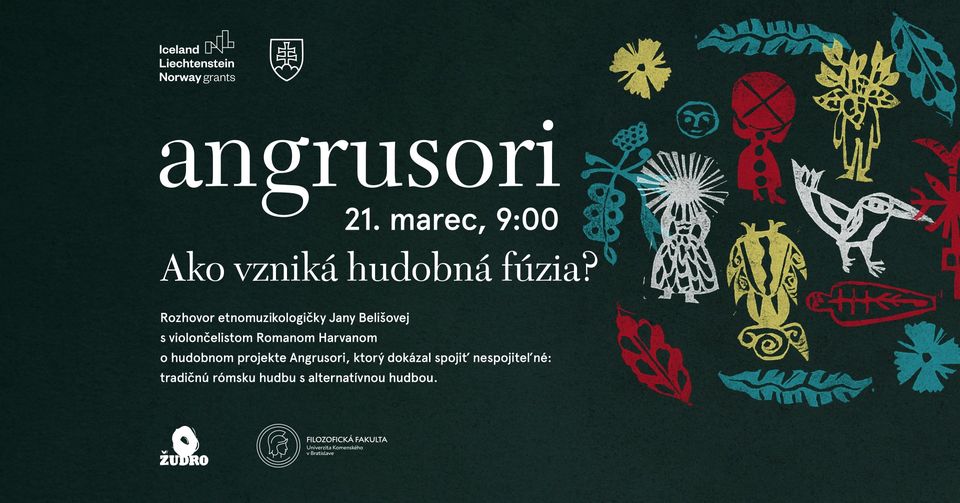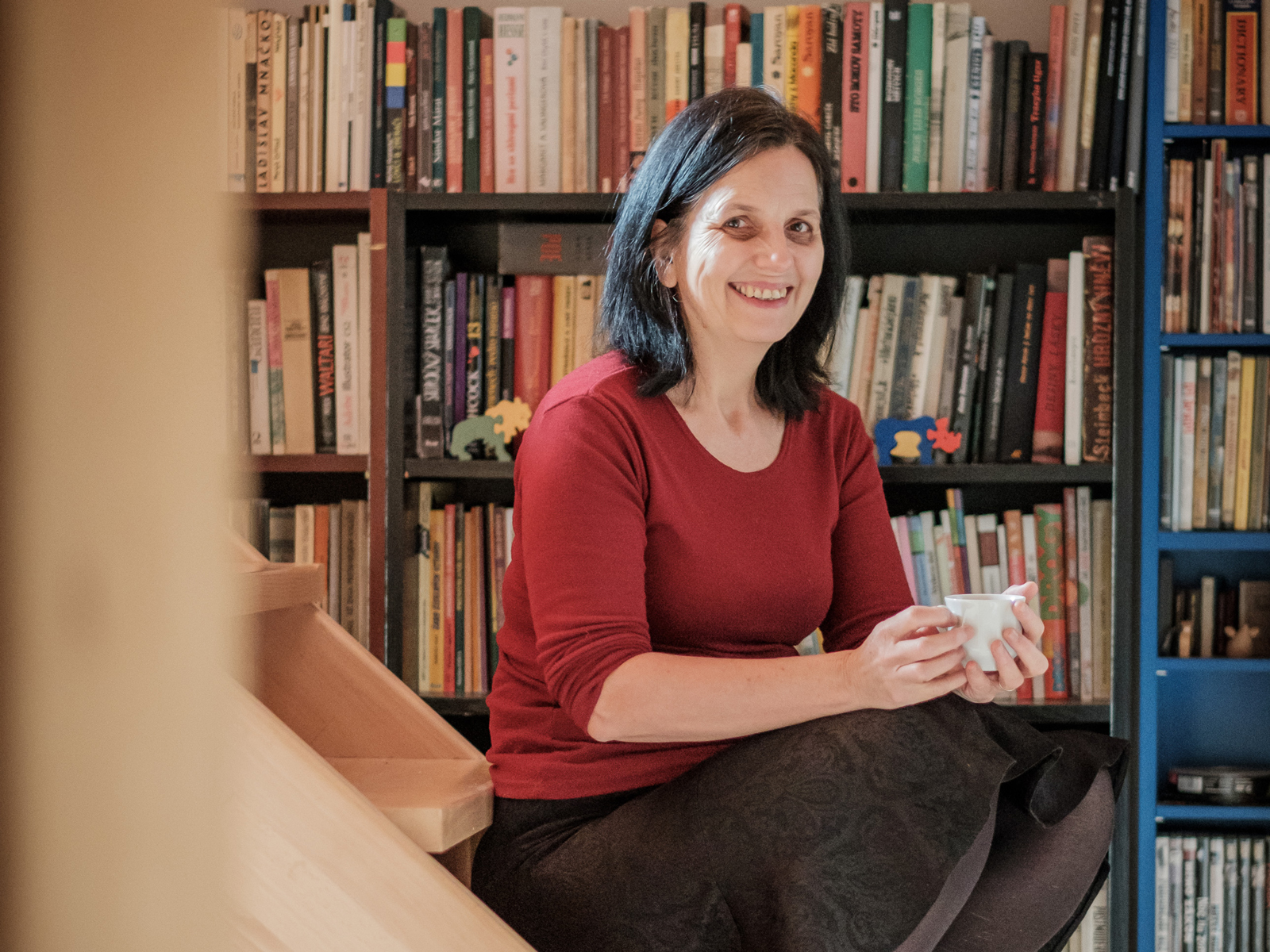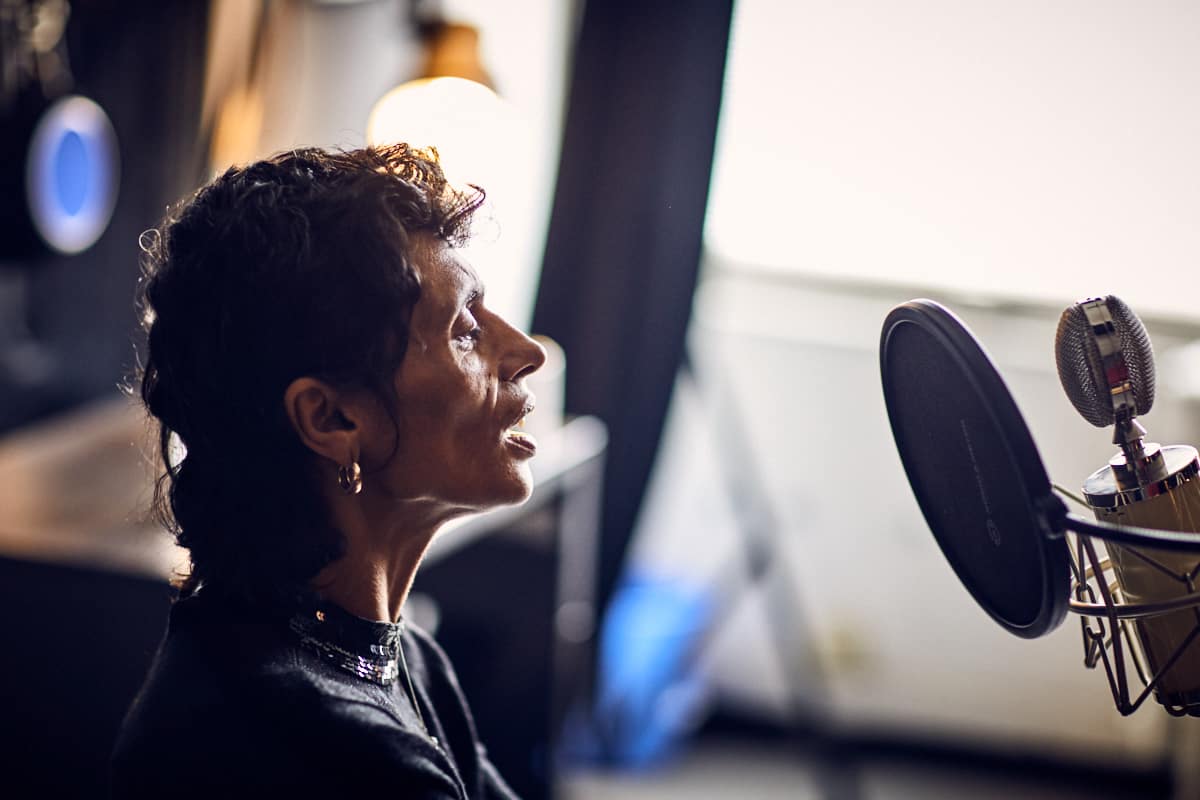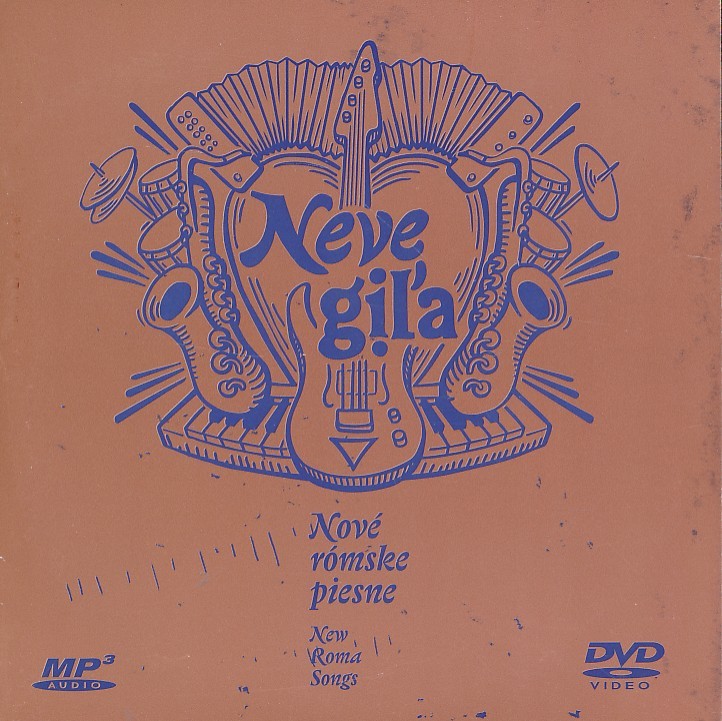žudrovinky
...a ďalšie:
Šedá zóna v Lučenci: Kedy JE vČAS
22. 1. 2025
Šedá zóna v Kine Nostalgia
11. 10. 2024
Film Šedá zóna bude mať premiéru na Cinematiku
03. 9. 2024
Ako vzniká hudobná fúzia?
14. 3. 2024
Angrusori na nórsko-britskom turné
29. 12. 2023
e-zbierka
piesne, tance, rozprávania

